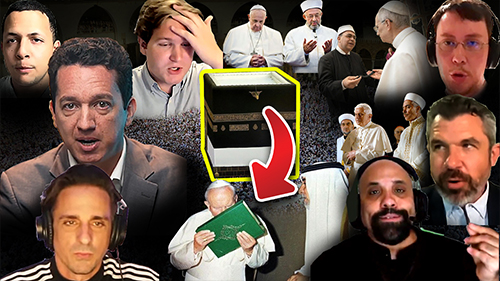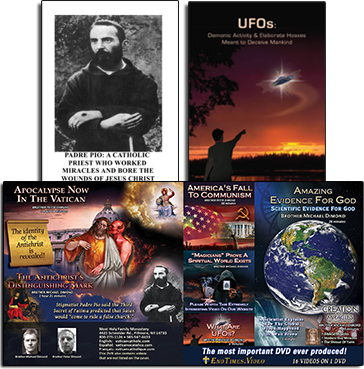Spirituality
Pope St. Gregory VII: “For if we were prepared silently to fall in with the princes and powerful men of your land in reigning according to their own desire and trampling underfoot the righteousness of God, then we might assuredly have from them friendships, gifts, obeisances, praise, and magnificent expressions of esteem. Because this is in no way compatible with the place in which we are and with the office which we hold, there is nothing which, under His protection, might separate us from the charity of Christ; for it is safer for us to die than to forsake His law, or for the glory of the world to respect the persons of the ungodly...” (Oct. 26, 1074)
Doctrine
St. Thomas Aquinas: “Christ likewise by His Passion fulfilled the ceremonial precepts of the [Old] Law, which are chiefly ordained for sacrifices and oblations, insofar as all the ancient sacrifices were figures of that true sacrifice which Christ by dying offered for us. Hence it is written (Col. 2:16-17): Let no man judge you in meat or drink, or in respect of a festival day, or of the new moon, or of the sabbaths, which are a shadow of things to come, but the body is Christ’s, for the reason that Christ is compared to them as a body is to a shadow.” (Summa Theologiae, Pt. III, Q. 47, A. 2, Reply to Obj. 2)










 " />
" /> " />
" /> " />
" /> " />
" /> " />
" />





